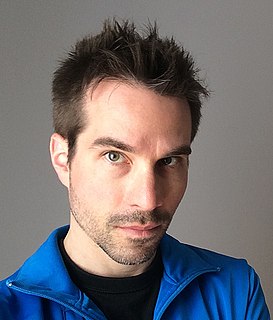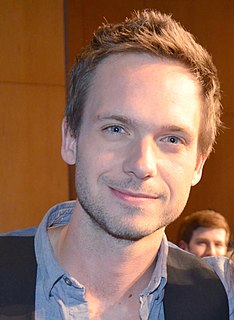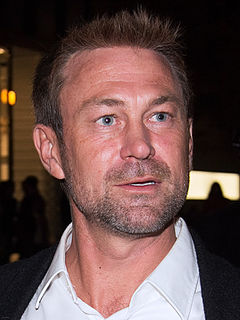A Quote by Martin Villeneuve
'Mars et Avril' is a science fiction film. It's set in Montreal some 50 years in the future. No one had done that kind of movie in Quebec before because it's expensive, it's set in the future, and it's got tons of visual effects, and it's shot on green screen.
Related Quotes
The whole visual language of the movie is developed way before we get to set. Especially when you're doing visual effects and you don't have a lot of money to mess around, which we didn't, you have to really preplan everything. Pretty much every shot in the film was figured out months before we got to set.
In high school and college, I'd set a bunch of goals for myself. I wanted to be the lead effects supervisor on one of these really big, innovative visual effects productions, something on the scale of a 'Star Wars' movie. And I wanted to work on a project that wins the Academy Award for best visual effects.
After that really, I spent the majority of the spring going to tons and tons of regional festivals throughout America. Every corner of the country, I took the movie to twenty film festivals or something to that extent. I've lost track. Probably done Q&As 40-50 times at this point. It's always hard to watch something I've made, but I've got a little more objectivity and kind of see the film as not just an extension of myself.
It had also been my belief since I started writing fiction that science fiction is never really about the future. When science fiction is old, you can only read it as being pretty much about the moment in which it was written. But it seemed to me that the toolkit that science fiction had given me when I started working had become the toolkit of a kind of literary naturalism that could be applied to an inherently incredible present.
Comedies are just never that expensive quite frankly. They really aren't. We aren't doing green screen shooting, so even Hangover II in Bangkok might seem like it's expensive, you're flying over and back, but they're just not that expensive to make when you do it the way we do it which is very focused and I've done it before.
There are loads of sociopolitical, racial, class and future-planet situations that really interest me, but I'm not really interested in making a film about them in a film that feels like reality because people view that in a different way. I like using science fiction to talk about subjects through the veneer of science fiction.
The truth is that Trout, like Vonnegut and Ray Bradbury and many others, writes parables. These are set in frames which have become called, for no good reason, science fiction. A better generic term would be 'future fairy tales'. And even this is objectionable, since many science fiction stories take place in the present or the past, far and near.



































